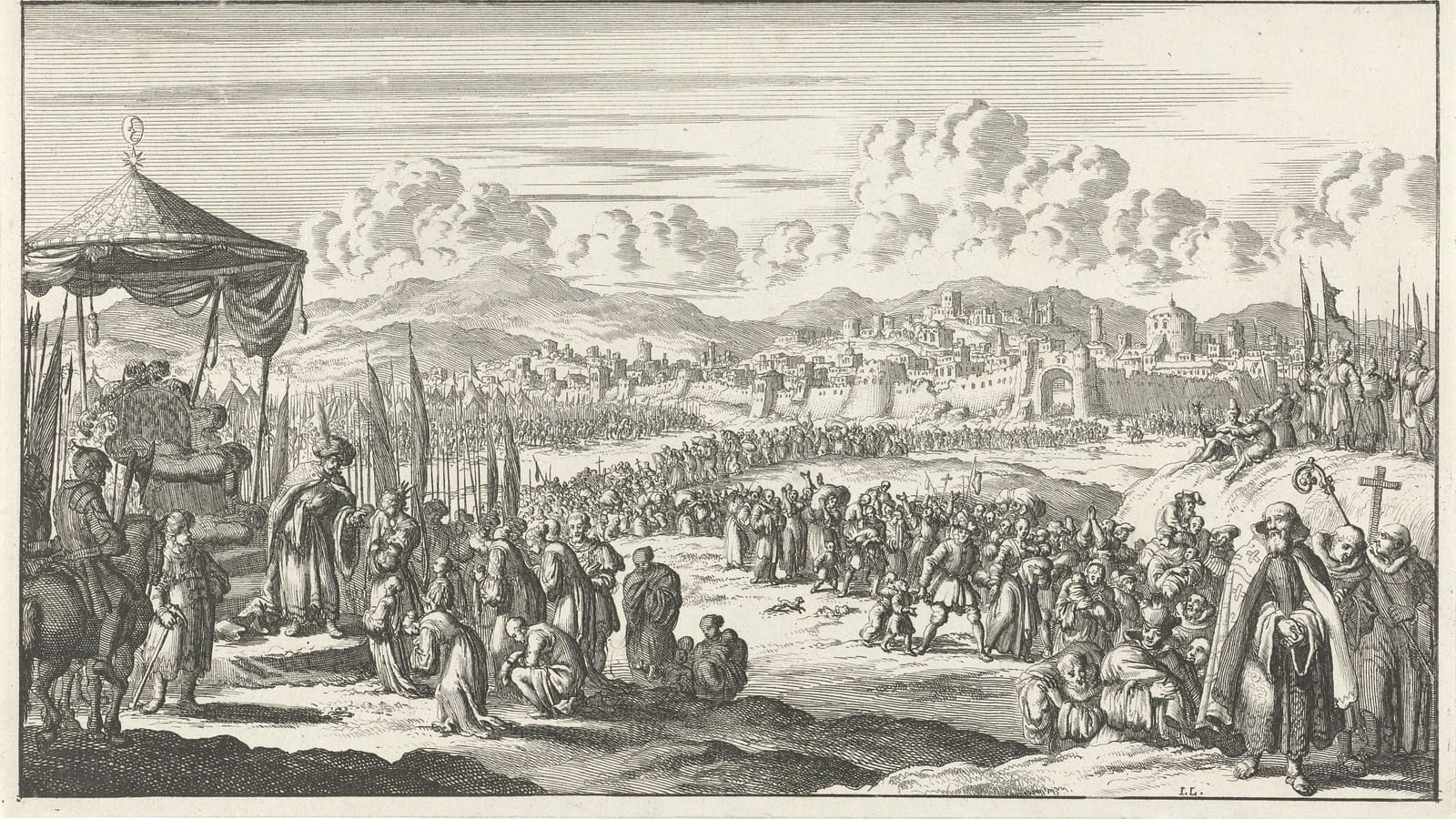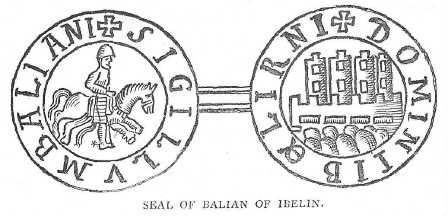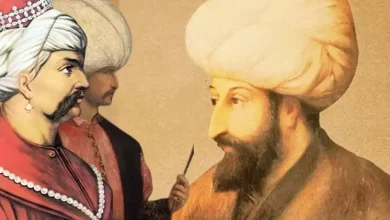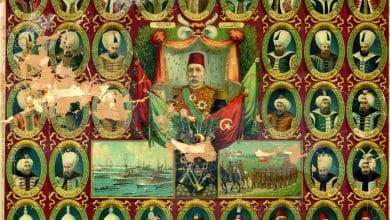Balian of Ibelin: A Crusader Noble and Defender of Jerusalem
Balian of Ibelin: A Crusader Noble and Defender of Jerusalem

Balian of Ibelin (1143-1193) was a prominent Crusader noble, a vassal of the Kingdom of Jerusalem, and one of its most skilled generals during the tumultuous era of the Crusades. Born in France, Balian hailed from a noble family and was the son of Barisan of Ibelin, a significant figure in the Crusader states. Renowned for his military prowess and diplomacy, Balian left an indelible mark on history, particularly during his defense of Jerusalem against Saladin, the Sultan of the Ayyubid Caliphate.

Lord of Ibelin
Early Life and Rise to Prominence
Balian inherited the Lordship of Ibelin, a territory within the Crusader Kingdom of Jerusalem, which solidified his position as a key vassal of the kingdom. His rise to prominence was marked by his participation in pivotal battles, including the Battle of Montgisard in 1177, where he led the vanguard in a decisive victory against Saladin’s forces. This battle demonstrated his tactical acumen and loyalty to the Crusader cause.
Military Career and Diplomacy
Balian was a veteran of the Crusader conflicts with the Ayyubids, participating in significant campaigns:
- Siege of Jacob’s Ford (1179): Balian was captured during Saladin’s successful siege of the Crusader fortress. His release was secured the following year through a ransom paid by Byzantine Emperor Manuel I Komnenos.
- Conquest of Dumyat (1182): Leading a Jerusalemite invasion into Egypt, Balian captured the strategic city of Dumyat, disrupting Ayyubid maritime trade routes.
Despite his military successes, Balian was also noted for his diplomatic approach. He was a close ally of Raymond III of Tripoli, opposing Guy de Lusignan, and maintained friendly relations with Muslims, showing respect for their culture and religion.
The Defense of Jerusalem
Balian’s most enduring legacy came during the aftermath of the disastrous Battle of Hattin (1187), where the Crusader army suffered a catastrophic defeat. Narrowly avoiding capture, Balian fled to Tyre, one of the last Crusader strongholds. From there, he assumed command of Jerusalem’s defense as Saladin marched on the city.
Despite being outnumbered and under-resourced, Balian negotiated a peaceful surrender of Jerusalem in October 1187, ensuring the safety of its inhabitants. His efforts prevented mass bloodshed, showcasing his tactical foresight and humanitarian instincts.
Later Years and Legacy
After the fall of Jerusalem, Balian continued to play a vital role in the Crusades. He joined forces with Richard the Lionheart, taking charge of the rearguard during the Battle of Jaffa (1192), where he dealt Saladin his final defeat. Balian’s death followed shortly after this campaign, marking the end of an extraordinary life.
Balian of Ibelin is remembered not only as a warrior but also as a diplomat who bridged cultural divides. His legacy continues to inspire through his balanced approach to leadership—blending military strength with diplomacy and humanity.
Learn More About the Crusades and Balian of Ibelin
Dive into the rich history of the Crusades and iconic figures like Balian of Ibelin at OsmanOnline.me. For cinematic depictions of this era, including the legendary story of Saladin and the Crusaders, stream in HD on OsmanOnline.live. Relive the courage, strategy, and drama of history’s most defining moments!





